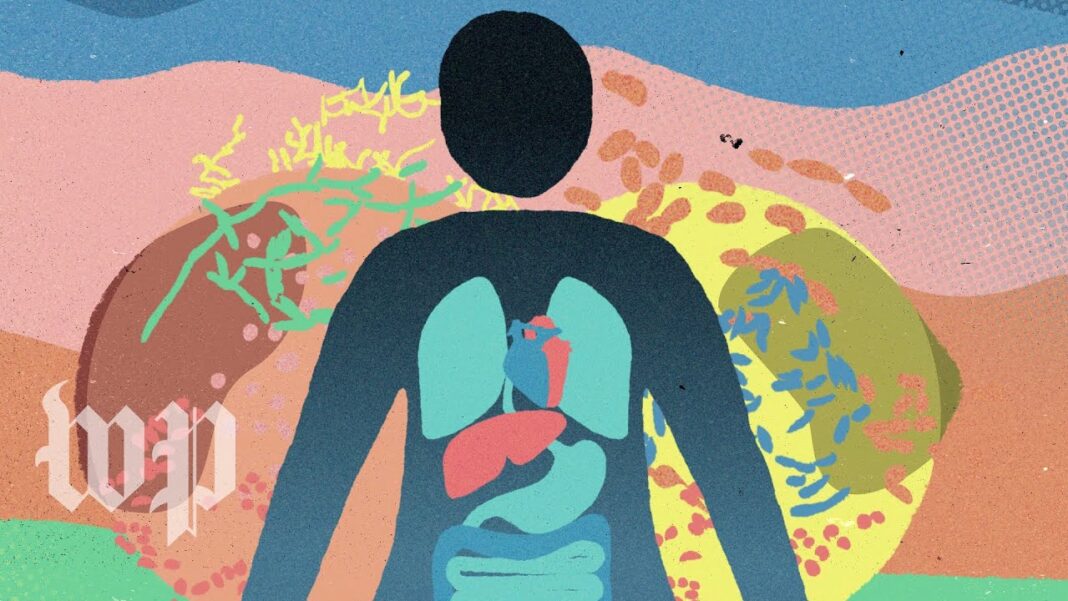Common medications may make it easier for harmful bacteria to take hold, especially in older or vulnerable patients.
While patients have long known that antibiotics can disrupt gut health, researchers have now discovered that seemingly harmless medications—including common allergy pills, antidepressants, and hormone treatments—may also pose a threat to the protective bacteria that keep dangerous pathogens at bay.
“This can be dangerous to frail or elderly people,” senior study author Lisa Maier, said in a press statement.
Scale of Problem ‘Utterly Unexpected’
The study, recently published in Nature, found that 28 percent of 53 tested nonantibiotic medications promoted the growth of harmful pathogens like Salmonella in laboratory models, potentially leaving millions of patients vulnerable to serious intestinal infections.
“The scale of it was utterly unexpected,“ said Maier. ”Many of these non-antibiotics inhibit useful gut bacteria, while pathogenic microbes such as Salmonella Typhimurium are impervious,” she noted. “This gives rise to an imbalance in the microbiome, which gives an advantage to the pathogens.”
While researchers didn’t specify all medications tested, they highlighted concerning findings about widely prescribed drugs, including clomiphene (a fertility drug), simvastatin (a statin), floxuridine (a chemotherapy drug), and an allergy medicine—all increased infection risk. The antihistamine terfenadine was highlighted by researchers as one nonantibiotic found to weaken natural resistance to infection, leading to faster disease development and heightened inflammation from Salmonella in mice.
Very commonly prescribed antacids, such as Pepcid and Prilosec, are also prone to increase a person’s susceptibility to gut infections, noted Dr. David Purow, a gastroenterologist and the eastern regional director for gastrointestinal endoscopy at Northwell Health, who was not involved in the study. He said this is because reduced stomach acid can encourage an environment that allows harmful bacteria to survive and thrive.








